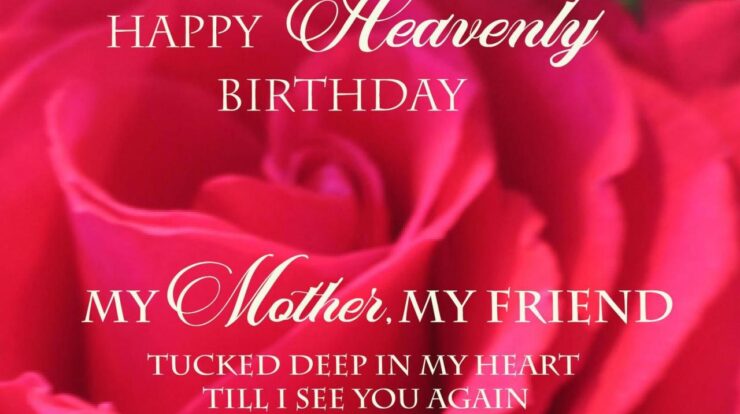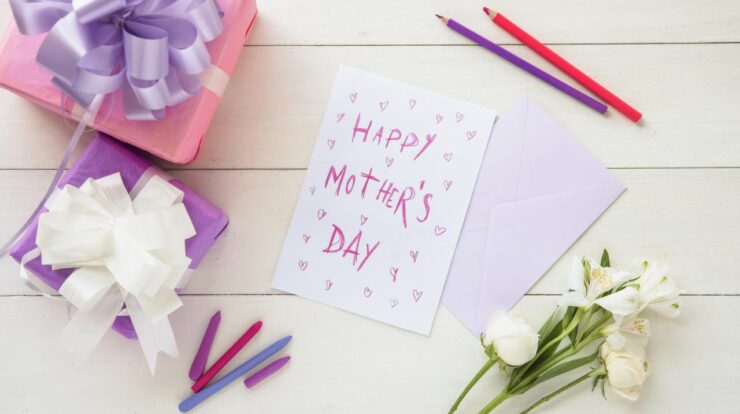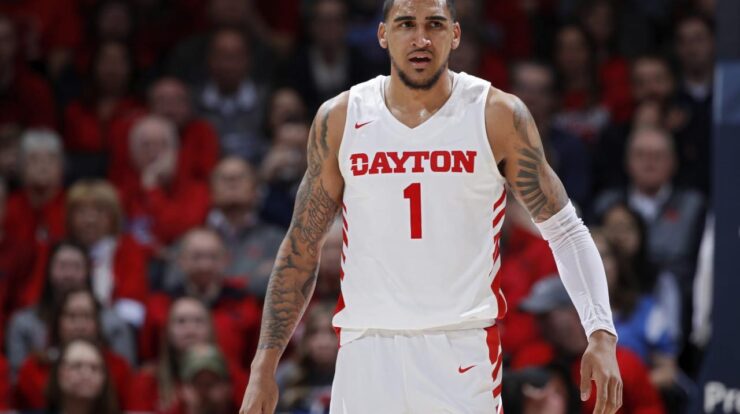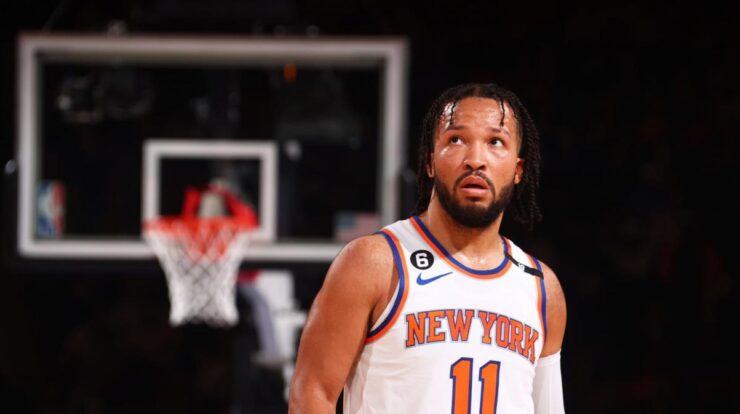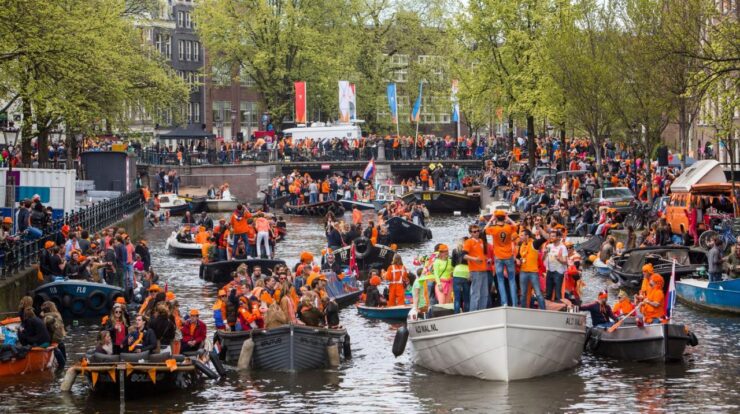
Dutch Kings Day sets the stage for this enthralling narrative, offering readers a glimpse into a story that is rich in detail and brimming with originality from the outset. As we delve into the heart of this vibrant festival, we uncover its origins, history, and significance, exploring the key traditions and customs that have shaped its enduring legacy.
The festivities and events that take place during Dutch Kings Day are a testament to the country’s rich cultural heritage. From the lively street parties and parades to the captivating music performances and other activities, we paint a vivid picture of the revelry that unfolds throughout the Netherlands.
We highlight popular locations where these events are held, providing a glimpse into the vibrant atmosphere that permeates the streets.
Dutch Kings Day Overview
Dutch Kings Day is a national holiday in the Netherlands celebrated annually on April 27th, the birthday of King Willem-Alexander. The festival commemorates the monarchy and the Dutch royal family and has been observed since 1885, initially as Queen’s Day to honor Queen Wilhelmina.
The celebration has evolved over the years, becoming a vibrant and colorful event that reflects Dutch culture and traditions. It is characterized by street parties, parades, music performances, and a festive atmosphere that brings people together from all walks of life.
Festivities and Events
Dutch Kings Day is a day of revelry and celebration throughout the Netherlands. The streets are filled with people wearing orange, the national color, and the air is filled with music and laughter.
- Street Parties:The most popular activity on Kings Day is the street party, known as “vrijmarkt” or “vrijmarkt.” These markets take place in cities and towns across the country, where people set up stalls to sell a variety of goods, from antiques to handmade crafts.
- Parades:Another highlight of the day is the parades, which feature floats, marching bands, and costumed performers. The largest parade takes place in Amsterdam, with over 100 floats and thousands of participants.
- Music Performances:Music is an integral part of Kings Day celebrations. Live music can be heard throughout the day, from street musicians to DJs and bands playing on stages set up in public squares and parks.
- Other Activities:Other popular activities on Kings Day include boat races, fireworks displays, and sporting events. Many people also take advantage of the day off to go camping or have a picnic in the park.
Cultural Impact
Dutch Kings Day is more than just a national holiday; it is a celebration of Dutch culture and identity. The festival fosters a sense of national unity and pride, bringing people together from all walks of life.
- National Unity:Kings Day is a day when the Dutch people come together to celebrate their country and their monarchy. The festival transcends political and social divides, uniting people in a shared sense of national pride.
- Cultural Heritage:The festival also serves to promote Dutch culture and traditions. The street markets showcase local crafts and products, while the parades and music performances feature traditional Dutch music and dance.
- Community Spirit:Kings Day is a day for community building. The street parties and other events provide opportunities for people to socialize and connect with their neighbors.
Economic Significance, Dutch kings day
Dutch Kings Day has a significant economic impact on the Netherlands. The festival generates revenue from tourism, retail sales, and other sectors, and it also creates jobs.
- Tourism:Kings Day attracts tourists from around the world, who come to experience the unique atmosphere and festivities. The festival is a major boost to the tourism industry, generating millions of euros in revenue.
- Retail Sales:The street markets on Kings Day are a major source of revenue for local businesses. People spend money on food, drinks, souvenirs, and other goods, providing a boost to the retail sector.
- Jobs:The festival also creates jobs in the hospitality, retail, and tourism sectors. Many people are hired to work at street stalls, bars, and restaurants, providing temporary employment opportunities.
International Recognition
Dutch Kings Day is not only celebrated in the Netherlands but also has gained international recognition. The festival is celebrated in Dutch communities around the world, and it is also acknowledged by other countries.
- Dutch Communities Abroad:Dutch communities in countries such as the United States, Canada, and Australia celebrate Kings Day with their own events and activities.
- Diplomatic Recognition:Many countries recognize Kings Day as a national holiday and send official representatives to attend the celebrations in the Netherlands.
- Global Image:Kings Day contributes to the Netherlands’ global image as a vibrant and welcoming country. The festival showcases Dutch culture and traditions, and it attracts visitors from around the world.
Summary

In conclusion, Dutch Kings Day stands as a testament to the enduring spirit of the Dutch people. It is a celebration that fosters a deep sense of national unity and pride, showcasing the country’s rich culture and traditions. The festival’s economic impact is undeniable, generating revenue from tourism, retail sales, and other sectors, while also creating and supporting numerous jobs.
Its international recognition further cements the Netherlands’ position on the global stage, contributing to its positive image and reputation.
Q&A
What is the significance of Dutch Kings Day?
Dutch Kings Day commemorates the birthday of King Willem-Alexander, the current monarch of the Netherlands. It is a national holiday that celebrates Dutch culture, history, and unity.
What are some of the key traditions associated with Dutch Kings Day?
Key traditions include wearing orange, participating in street parties, attending parades, and enjoying live music performances.
What is the economic impact of Dutch Kings Day?
Dutch Kings Day generates significant revenue from tourism, retail sales, and other sectors, contributing to the country’s economy.


